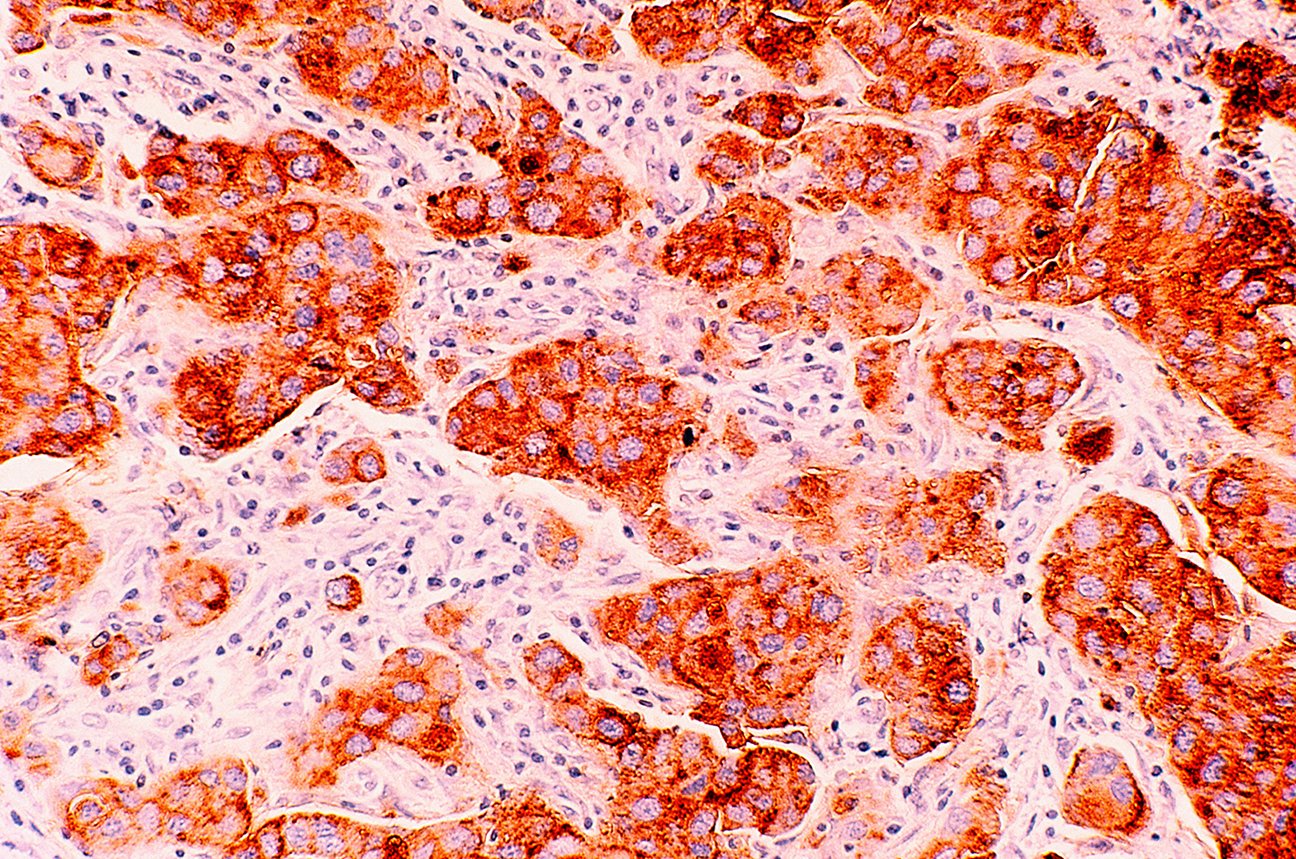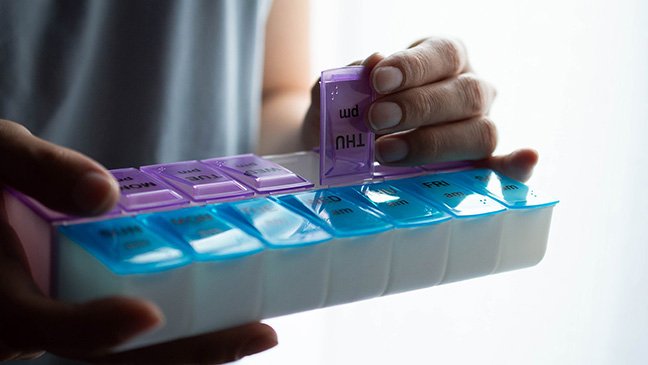- Diseases
- Acoustic Neuroma (14)
- Adrenal Gland Tumor (24)
- Anal Cancer (68)
- Anemia (2)
- Appendix Cancer (16)
- Bile Duct Cancer (26)
- Bladder Cancer (72)
- Brain Metastases (28)
- Brain Tumor (232)
- Breast Cancer (714)
- Breast Implant-Associated Anaplastic Large Cell Lymphoma (2)
- Cancer of Unknown Primary (4)
- Carcinoid Tumor (8)
- Cervical Cancer (158)
- Colon Cancer (166)
- Colorectal Cancer (116)
- Endocrine Tumor (4)
- Esophageal Cancer (44)
- Eye Cancer (36)
- Fallopian Tube Cancer (8)
- Germ Cell Tumor (4)
- Gestational Trophoblastic Disease (2)
- Head and Neck Cancer (12)
- Kidney Cancer (128)
- Leukemia (342)
- Liver Cancer (50)
- Lung Cancer (286)
- Lymphoma (278)
- Mesothelioma (14)
- Metastasis (30)
- Multiple Myeloma (100)
- Myelodysplastic Syndrome (60)
- Myeloproliferative Neoplasm (4)
- Neuroendocrine Tumors (16)
- Oral Cancer (100)
- Ovarian Cancer (172)
- Pancreatic Cancer (160)
- Parathyroid Disease (2)
- Penile Cancer (14)
- Pituitary Tumor (6)
- Prostate Cancer (146)
- Rectal Cancer (58)
- Renal Medullary Carcinoma (6)
- Salivary Gland Cancer (14)
- Sarcoma (238)
- Skin Cancer (296)
- Skull Base Tumors (56)
- Spinal Tumor (12)
- Stomach Cancer (64)
- Testicular Cancer (28)
- Throat Cancer (92)
- Thymoma (6)
- Thyroid Cancer (96)
- Tonsil Cancer (30)
- Uterine Cancer (80)
- Vaginal Cancer (16)
- Vulvar Cancer (20)
- Cancer Topic
- Adolescent and Young Adult Cancer Issues (20)
- Advance Care Planning (10)
- Biostatistics (2)
- Blood Donation (18)
- Bone Health (8)
- COVID-19 (362)
- Cancer Recurrence (120)
- Childhood Cancer Issues (120)
- Clinical Trials (630)
- Complementary Integrative Medicine (22)
- Cytogenetics (2)
- DNA Methylation (4)
- Diagnosis (232)
- Epigenetics (6)
- Fertility (62)
- Follow-up Guidelines (2)
- Health Disparities (14)
- Hereditary Cancer Syndromes (126)
- Immunology (18)
- Li-Fraumeni Syndrome (8)
- Mental Health (116)
- Molecular Diagnostics (8)
- Pain Management (62)
- Palliative Care (8)
- Pathology (10)
- Physical Therapy (18)
- Pregnancy (18)
- Prevention (914)
- Research (392)
- Second Opinion (74)
- Sexuality (16)
- Side Effects (604)
- Sleep Disorders (10)
- Stem Cell Transplantation Cellular Therapy (216)
- Support (402)
- Survivorship (320)
- Symptoms (182)
- Treatment (1786)
HER2 positive breast cancer: What it is, diagnosis and treatment
BY Molly Adams
4 minute read | Published August 22, 2022
Medically Reviewed | Last reviewed by an MD Anderson Cancer Center medical professional on August 22, 2022
The human epidermal growth factor 2 – also known as HER2 – is a protein that tells human cells when to grow and when not to grow. Sometimes, a random genetic mutation or extra copies of the gene that encodes HER2 make these cells grow even when they shouldn’t.
This type of cancer is called “HER2 positive.” Because it grows more quickly, it’s more aggressive than other cancers. Bladder cancer, gastrointestinal cancers, ovarian cancer and stomach cancer can also be HER2 positive.
About 20% of breast cancer diagnoses are HER2 positive, but it’s not clear why this develops – or who is most at risk.
Debu Tripathy, M.D., has been studying and treating HER2 positive breast cancer since the 1980s. We spoke to him about what makes HER2 positive breast cancer different and how to get an accurate diagnosis to ensure more effective treatment.
How is HER2 positive breast cancer diagnosed?
HER2 positive breast cancer has the same symptoms as other types of breast cancer. Patients often find a lump, or a routine mammogram spots one. Inflammatory breast cancer can also be HER2 positive, so patients may notice a rash or other breast changes.
To know for sure if the cancer is HER2 positive, your care team will take a biopsy and examine cancerous cells more closely. There are two tests used to determine HER2 status:
Immunohistochemistry (IHC test): Measures the amount of HER2 on the surface of the cell. Tumors with a score of zero or one are HER2 negative. Two is a borderline diagnosis. If a cell has a score of three, it’s HER2 positive.
Fluorescence in situ hybridization (FISH) test: If IHC results aren’t clear (especially if the IHC score is two), a FISH test may be performed. This pathology technique looks at the gene that encodes HER2 to see if there are multiple copies present. This is known as HER2 amplification. These results will either be positive or negative.
It’s important to seek care from a cancer center like MD Anderson which sees HER2 positive breast cancer often. That way, we can make sure the pathology is as accurate as possible, so that you get the right treatment.
What are the treatment options for HER2 positive breast cancer?
Treatment for HER2 positive breast cancer depends on the tumor’s size.
Patients with tumors smaller than 2 centimeters, with no lymph nodes affected, will undergo surgery first, followed by chemotherapy and a single antibody targeting the HER2 protein known as trastuzumab (Herceptin).
If a tumor is larger than 2 centimeters and has spread to nearby lymph nodes, patients will receive one or two types of chemotherapy combined with two antibodies (trastuzumab plus a newer one known as pertuzumab or Perjeta). Chemotherapy can cause a lowering of the blood counts, increased risk of infection, hair loss, nausea and vomiting and neuropathy, numbness of the hands and feet that typically goes away, but can sometimes be permanent.
After chemotherapy, patients will undergo surgery to remove any remaining cancer cells. Depending on the tumor’s size and location, as well as your desired cosmetic results and potential risks, you may choose a lumpectomy or mastectomy and/or reconstructive surgery. Talk to your care team about which surgery is right for you.
Patients will also receive “maintenance” antibody treatment again for a few months to help keep cancer cells from growing back. HER2 antibody therapy can sometimes cause fevers and chills during the infusion, and in rare cases, it can cause weakness of the heart muscle, also known as cardiomyopathy. This usually resolves after interrupting or stopping the antibody therapy, but it can be permanent in some cases. It’s important to talk to your care team about any side effects so they can help you manage them and reduce the risk of long-term complications.
What about research underway for HER2 positive breast cancer?
Clinical trials are helping us better understand HER2 positive breast cancer and create more effective treatments for patients.
For example, we are exploring if using newer antibodies alone to treat HER2 positive breast cancer. If we’re able to remove chemotherapy from the treatment regimen, patients may avoid the negative side effects of treatment and shorten treatment time.
We’re also looking at new approaches to help patients who develop resistance to treatment over time.
I was fortunate enough to contribute to the original work on HER2 positive breast cancer, and it’s been a thrill to see the advances we’ve made since then. Just in the last few years, multiple drugs have been approved to treat these cancers, and that trend is going to continue.
Hopefully, we can extend the success we’ve seen in HER2 positive breast cancer treatment to other cancer types.
Request an appointment at MD Anderson online or by calling 1-855-701-7200.
Related Cancerwise Stories

Hopefully we can recreate the success we’ve seen in HER2 positive breast cancer in other cancer types.
Debu Tripathy, M.D.
Physician





